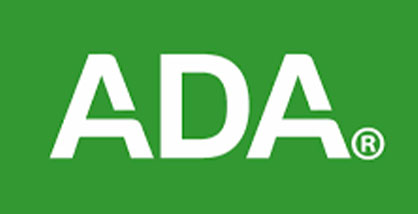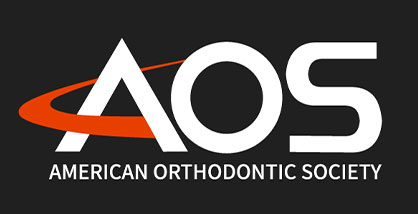A tooth extraction, though often considered a last resort in dentistry, is sometimes the best course of action for maintaining oral health. Whether it’s a simple extraction or a more complex surgical extraction, understanding the process can help alleviate anxiety and ensure optimal healing.
At Edwards Family Dental, we prioritize patient comfort and care. Our experienced dentist and team are well-versed in a range of dental procedures, including tooth extractions. We aim to make your visit as smooth as possible and strive to provide the best dental care in Dublin, OH.
Reasons for Tooth Extractions
Tooth extractions are dental procedures performed to remove a tooth from its socket in the bone. Dentists resort to extraction when the tooth is so decayed or damaged that a root canal or dental restoration cannot save it.
Other reasons for an extraction include gum disease, where infection damages the gum tissue and bone surrounding the tooth. Similarly, an impacted wisdom tooth — third molars that do not have enough room to emerge or grow — often requires an extraction to prevent complications. Tooth extractions might also be necessary in preparation for orthodontic treatment when there is a need for additional space in the mouth to properly align the remaining teeth.
Infections pose a risk too. If tooth decay or damage extends to the pulp — the center of the tooth containing nerves and blood vessels — bacteria in the mouth can enter the pulp, leading to infection. Often this can be corrected with root canal therapy, but if the infection is severe, an extraction may be needed to prevent it spreading to the bloodstream.
How To Prepare for a Tooth Extraction
Preparing for a tooth extraction involves a few crucial steps. Firstly, it’s important to provide your dentist with a detailed medical history, including any medications, supplements, or over-the-counter drugs you’re taking. Certain medications can interfere with healing or bleeding, so your dentist may adjust your medications or prescribe antibiotics pre- and post-surgery to prevent infection.
You may undergo an x-ray of the area to help the dentist plan for the best method for an extraction. The x-ray can show the tooth’s shape and length, its relation to other teeth, the upper sinuses, and the inferior alveolar nerve.
On the day of the extraction, you’ll receive local anesthesia to numb the area. For more complex procedures, like the extraction of an impacted wisdom tooth, you may receive sedation or general anesthesia. It’s recommended to have a responsible adult accompany you to the dental office if you’re going under sedation or general anesthesia.
What Happens During a Tooth Extraction?
Here’s what you can typically expect during a tooth extraction:
- Application of Anesthesia: The dentist or oral surgeon applies local anesthetic or a sedative to numb the area around the tooth.
- Extraction: The dentist uses dental forceps to grasp the tooth and gently rock it back and forth to loosen it from the jaw bone and ligaments. In a surgical extraction, the dentist makes an incision into the gum to access and extract the tooth.
- Closure: The extraction site may be closed with stitches around the gum line if necessary.
Post-extraction, a blood clot forms in the tooth socket. It’s crucial to protect this clot as part of the healing process.
How Long Does the Recovery Process Last?
The recovery process after a tooth extraction typically lasts a few days. Immediately after the extraction, a gauze pad will be placed over the extraction site to control bleeding and allow a clot to form. You’ll also be advised to apply an ice pack to the area to minimize swelling and discomfort. We may recommend taking ibuprofen, as it’s possible to be in a slight amount of pain.
It’s essential to limit activities for the first two days to encourage healing and take prescribed pain medications as directed. You might also be advised to rinse your mouth with a solution made from a teaspoon of salt and warm water after the extraction is completed.
We may give you additional instructions regarding brushing, flossing, and mouthwash as a part of your oral care. We want to prioritize your oral hygiene, but after the dental procedure, we need to protect the socket as well. We will provide you with detailed aftercare instructions.
Contact Edwards Family Dental If You Think You Need a Tooth Extraction
If you have a toothache, there is a chance that you might need a tooth extraction. At Edwards Family Dental, we will exhaust all possible options to save your natural tooth, even if you are in severe pain; however, there are some situations where we may recommend a tooth extraction; however, we will keep you relaxed and comfortable during the procedure. Give us a call today to schedule an appointment, and let us provide you with the oral care you deserve.









